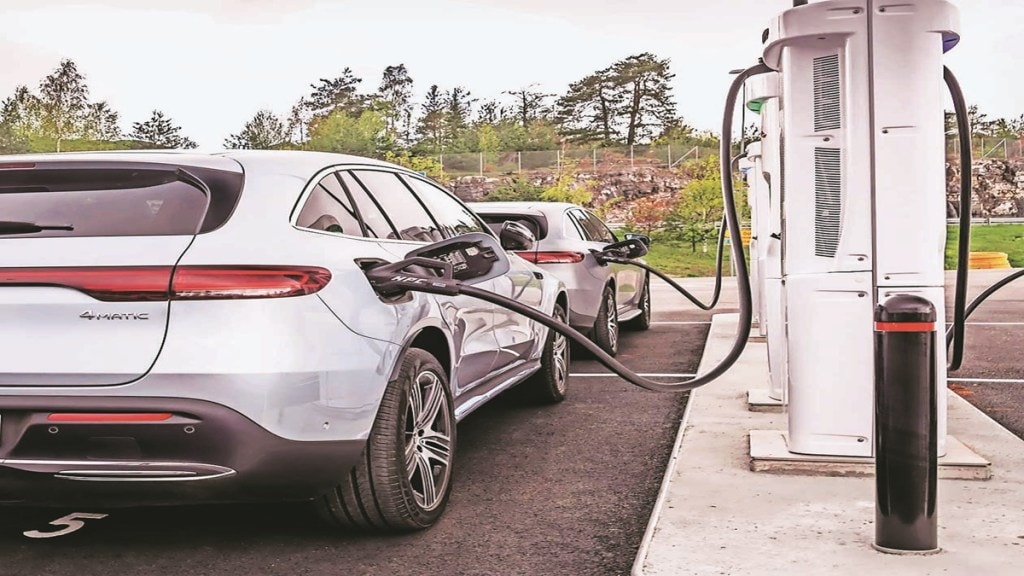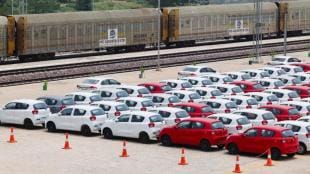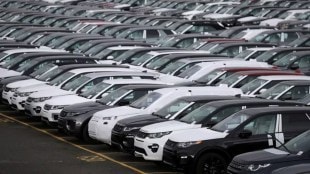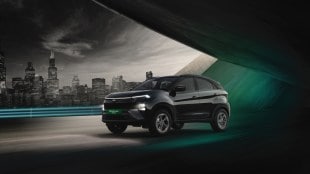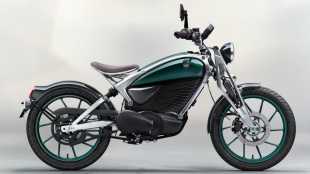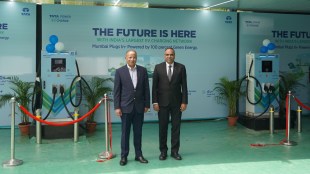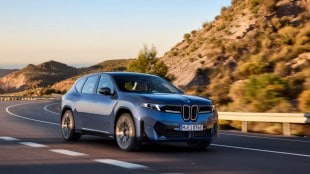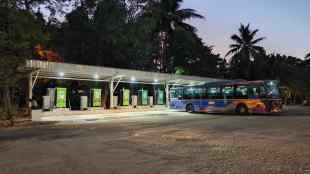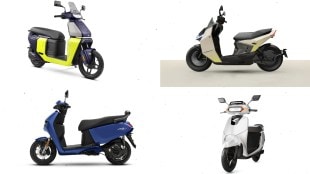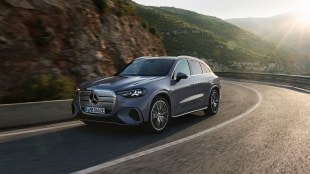The recent EV policy proposed by the Delhi Transport Department has given jolts not only to OEMs but also residents of the National Capital Region (NCR). The policy lists out several proposals which, if implemented, will create major hurdles not just for businesses but for consumers as well.
Phasing out of CNG autos is one of the major provisions in the new Delhi EV policy which states no new CNG three-wheeler can be registered in Delhi after August 15 this year. Further, CNG autos older than ten years need to be retrofitted with a fully electric powertrain which will potentially create logistical hassles for the Indian three-wheeler market.
Delhi EV Policy 2.0: Hasty or Need of the Hour?
However, the one provision that has raised many eyebrows is the proposal stating that no petrol or CNG-powered two-wheeler can be registered in New Delhi after 15 August 2025. On the first glance, this proposal looks hasty, if not ill-advised, especially at a time when global trends suggest that EV sales across most international markets have plateaued in the past year or so.
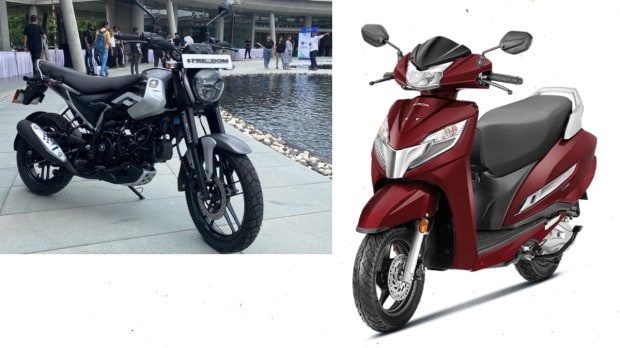
Express Drives recently had an opportunity to interact with Deloitte India officials — as the company released its annual report titled “2025 Global Automotive Consumer Study”. In sync with global headwinds, one of the key insights from the latest Deloitte report states that interest and demand for fully battery electric vehicles (BEVs) has plateaued and come down from 10 percent in 2024 to 8 percent in 2025. So will the Delhi EV Policy 2.0 only create disruptions rather than solving any problems?
“Obviously it will be disruptive. For any significant adoption to happen there are bound to be disruptions. If you look at China, in the two wheeler space, one of the major reasons for China to grow in the EV space was they banned motorcycles overnight and then provided incentives, etc.”, said Rajat Mahajan, Partner and Auto Sector Leader, Deloitte India.
He agreed that it definitely will be disruptive in the short term but customers will figure out as well as the OEMs and everybody will. Mahajan further added that if the new Delhi EV Policy 2.0 sustains, similar policies could be replicated in other places too which could possibly bring monumental change in the Indian automotive industry in coming years.
Need for battery recycling, disposal infrastructure
The push for EVs is understandable but growth of EVs can only be fueled through robust infrastructure supporting EVs. Most of the infrastructure support will revolve around the battery, since it’s the single-most key element in a BEV. Hence, the industry has to develop a robust network of battery recharging, recycling, and disposal so that the EV industry can flourish in the country.
While the number of charging facilities has only grown over the years, it is still not sufficient to support the current crop of EVs on the road. Moreover, the industry is yet to chalk out a concrete plan for incorporating battery recycling and battery deposit into the mix. Since the batteries in the first-gen EVs are nearing the end of their life cycle, it becomes even more important.
“If you are able to get a recycled battery, it can come at half or even less cost as compared to the new battery. And let’s say the ownership, right now we are giving eight years warranty for a battery, but the ownership cycles in India have dropped you four and a half years, or five years. If you are able to provide a recycled battery which runs that distance or time duration at a half or less cost. It’s a great business model”, said Mahajan.
He further added that at the moment the average EV market penetration across all segments in India is at 2.5 percent. The moment it reaches a double digit figure, there’ll be a lot more investment and focus in this business. He pointed out that the battery recycling industry in Europe will touch $100 billion by 2035 and there’s immense potential in the Indian market as well.
Hydrogen Fuel Cells: A Viable Alternative?
Hydrogen fuel-cells, apart from strong and plug-in hybrids, is expected to be the next big breakthrough in cleaner mobility solutions for the future. Also, less dependence on charging infrastructure, makes it ideal for a developing auto market like India. So can hydrogen fuel-cell EVs become a big thing for the Indian automotive industry.
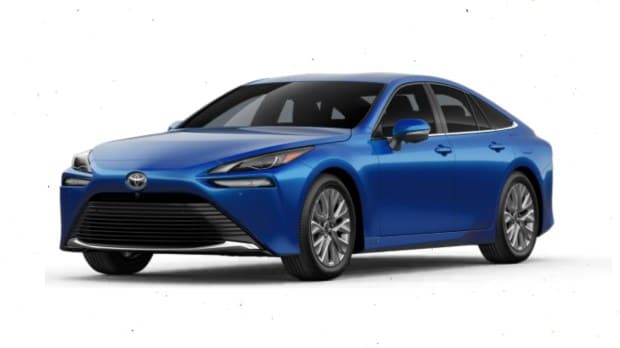
Mahajan was of the opinion that since the fuel-cell technology hasn’t yet evolved in a way that could make it commercially, it will be difficult to implement hydrogen fuel-cell EVs in the passenger vehicle industry by 2030. That said, it has potential in the commercial vehicle space.
Atul Jairaj, Partner, Deloitte India, emphasized that the hydrogen transition is a long-term initiative, with significant developments expected around 2040. They noted that hydrogen could eventually secure a notable market share, as outlined in a report detailing growth projections. The primary driver behind this shift is the need for self-sufficiency, which is crucial for addressing both energy independence and carbon neutrality. Green hydrogen was identified as one of the current viable paths, though he reiterated that this is not a short-term effort.
